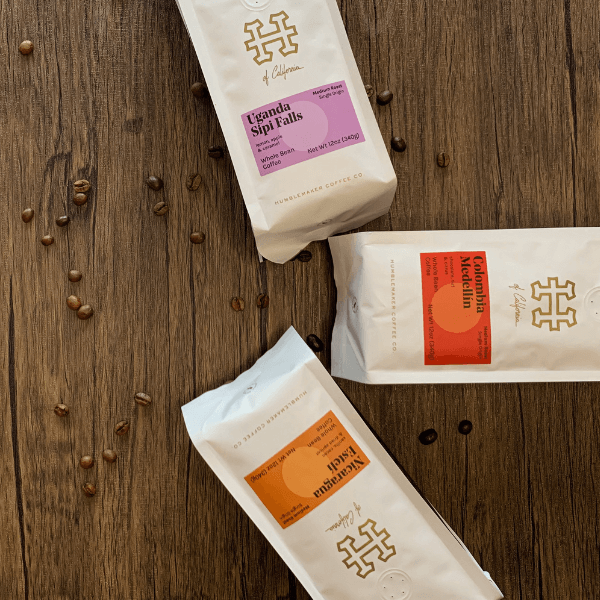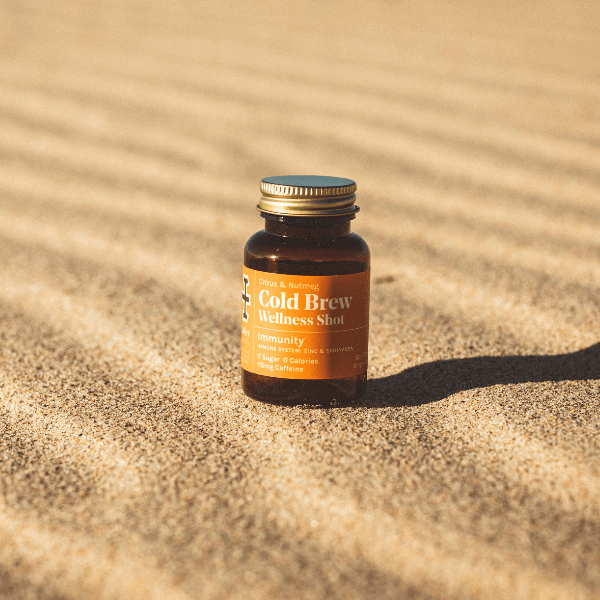Coffee, an Origin Story
Hmm, when did people start drinking coffee? How did they even get the idea?
If you're like me, you stay up late at night wondering about these existential questions.
And if you're like me, you have to get to the root of it -- or, in coffee's case, the nut of it.
Enter Encyclopedia Britannica, once the reference guide of high society and the province of proper bookshelves -- back before interwebs and wikis -- now a handy online source of first resort, rebranded as britannica.com.
Britannica's entry on coffee is full of fun facts -- Arabica and Robusta are the most prevalent coffee beans on the planet; Arabica (the source of Humblemaker single-origin and blend roasts) grows best at higher elevations in Latin America, Africa, and Asia, and so forth.
But, what about the origin story?
It all started with a goatherd around about the year 850. It's one of those origin stories that has the distinct aroma of familiarity.
See if you agree. From Britannica:
"Wild coffee plants, probably from Kefa (Kaffa), Ethiopia, were taken to southern Arabia and placed under cultivation in the 15th century. One of many legends about the discovery of coffee is that of Kaldi, an Arab goatherd who was puzzled by the strange antics of his flock. About 850 CE Kaldi supposedly sampled the berries of the evergreen bush on which the goats were feeding and, on experiencing a sense of exhilaration, proclaimed his discovery to the world."
There's SO MUCH MORE to read. Afterall, it *is an encyclopedia site.





